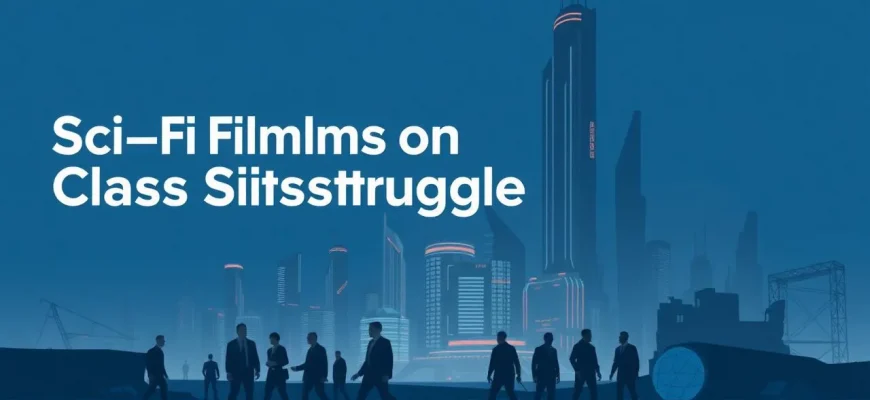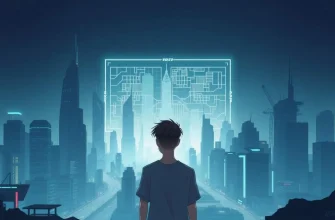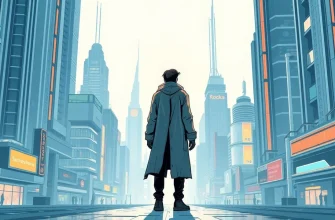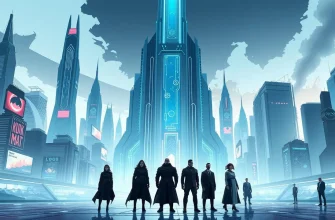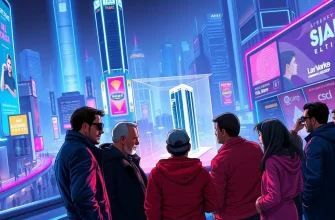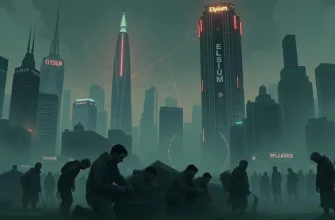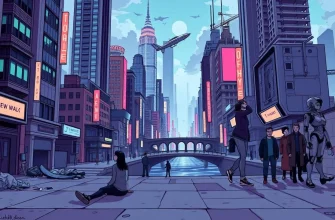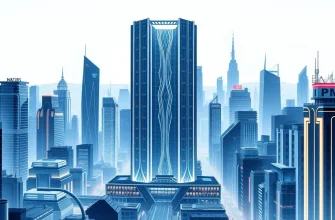In a world where technology often amplifies the divide between the haves and the have-nots, science fiction cinema has become a powerful lens through which to examine class struggle. These films not only entertain but also provoke thought, making us ponder the future of our society. Here's a curated list of 10 sci-fi movies that tackle themes of class warfare, social inequality, and the fight for justice in futuristic settings.

Brazil (1985)
Description: This satirical film portrays a future where bureaucracy and consumerism have run amok, with a clear divide between the bureaucratic elite and the oppressed masses.
Fact: The film's ending was a point of contention, leading to multiple versions being released.
 Watch Now
Watch Now 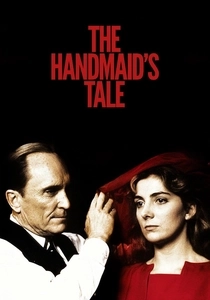
The Handmaid's Tale (1990)
Description: In a totalitarian society where fertile women are forced into reproductive servitude, the film delves into issues of gender and class oppression.
Fact: The film was adapted from Margaret Atwood's novel, which has since been adapted into a critically acclaimed TV series.
 Watch Now
Watch Now 
Gattaca (1997)
Description: In a genetically engineered society, those born naturally are considered inferior, exploring themes of genetic discrimination and class struggle.
Fact: The film's title is derived from the letters representing the four DNA nitrogenous bases: guanine, adenine, thymine, and cytosine.
 Watch Now
Watch Now 
The Matrix (1999)
Description: While not explicitly about class struggle, the film's narrative of humans being used as energy sources by machines can be seen as a metaphor for exploitation by the ruling class.
Fact: The Wachowskis wrote the script in 1996, but it took three years to get the film made due to its groundbreaking visual effects and philosophical themes.
 Watch Now
Watch Now 
Equilibrium (2002)
Description: In a dystopian future, emotions are outlawed to prevent war, creating a society divided by those who enforce the law and those who secretly feel.
Fact: The film's concept of "Gun Kata" was created specifically for the movie, blending martial arts with firearms.
 Watch Now
Watch Now 
The Island (2005)
Description: In a seemingly utopian facility, clones are raised to serve as organ donors for their wealthy counterparts, exploring themes of exploitation and class divide.
Fact: The film's concept was inspired by real-world ethical debates about cloning and organ harvesting.
 Watch Now
Watch Now 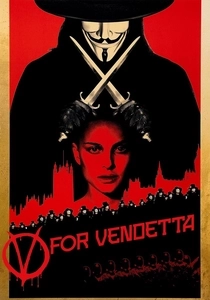
V for Vendetta (2005)
Description: Set in a future where a fascist regime controls Britain, the film follows a revolutionary fighting against oppression, reflecting on class and political power.
Fact: The film's iconic mask has become a symbol of protest worldwide, especially during the Occupy movement.
 Watch Now
Watch Now 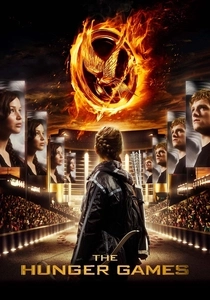
The Hunger Games (2012)
Description: In a dystopian future, the Capitol controls the districts through an annual event where children fight to the death, highlighting the stark class divisions.
Fact: The film's setting was inspired by ancient Rome's gladiatorial games, reflecting on modern society's obsession with reality TV.
 Watch Now
Watch Now 
Elysium (2013)
Description: In a future where the wealthy live on a luxurious space station, the rest of humanity struggles on an overpopulated Earth. This film explores the stark class divide and the desperate attempts to bridge it.
Fact: The film's production design was inspired by real-world issues like immigration and healthcare disparities. The space station Elysium was designed to look like a luxurious, floating paradise.
 Watch Now
Watch Now 
Snowpiercer (2013)
Description: Set in a post-apocalyptic world where survivors live on a perpetually moving train, the film examines the rigid class system aboard and the revolution that ensues.
Fact: The film is based on the French graphic novel "Le Transperceneige." The train's design was inspired by the idea of a microcosm of society.
 Watch Now
Watch Now 
